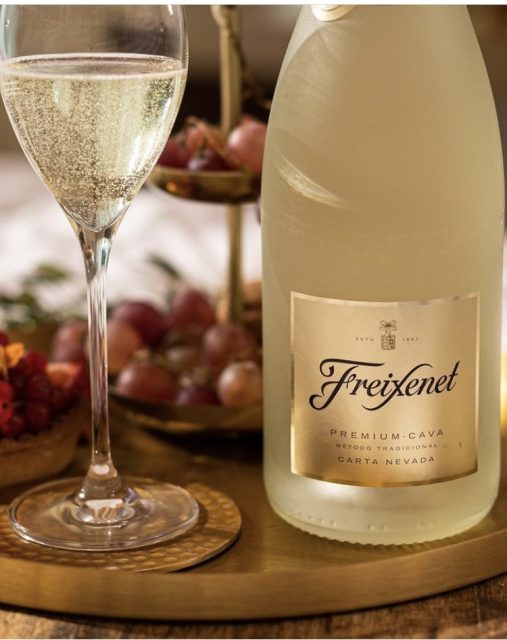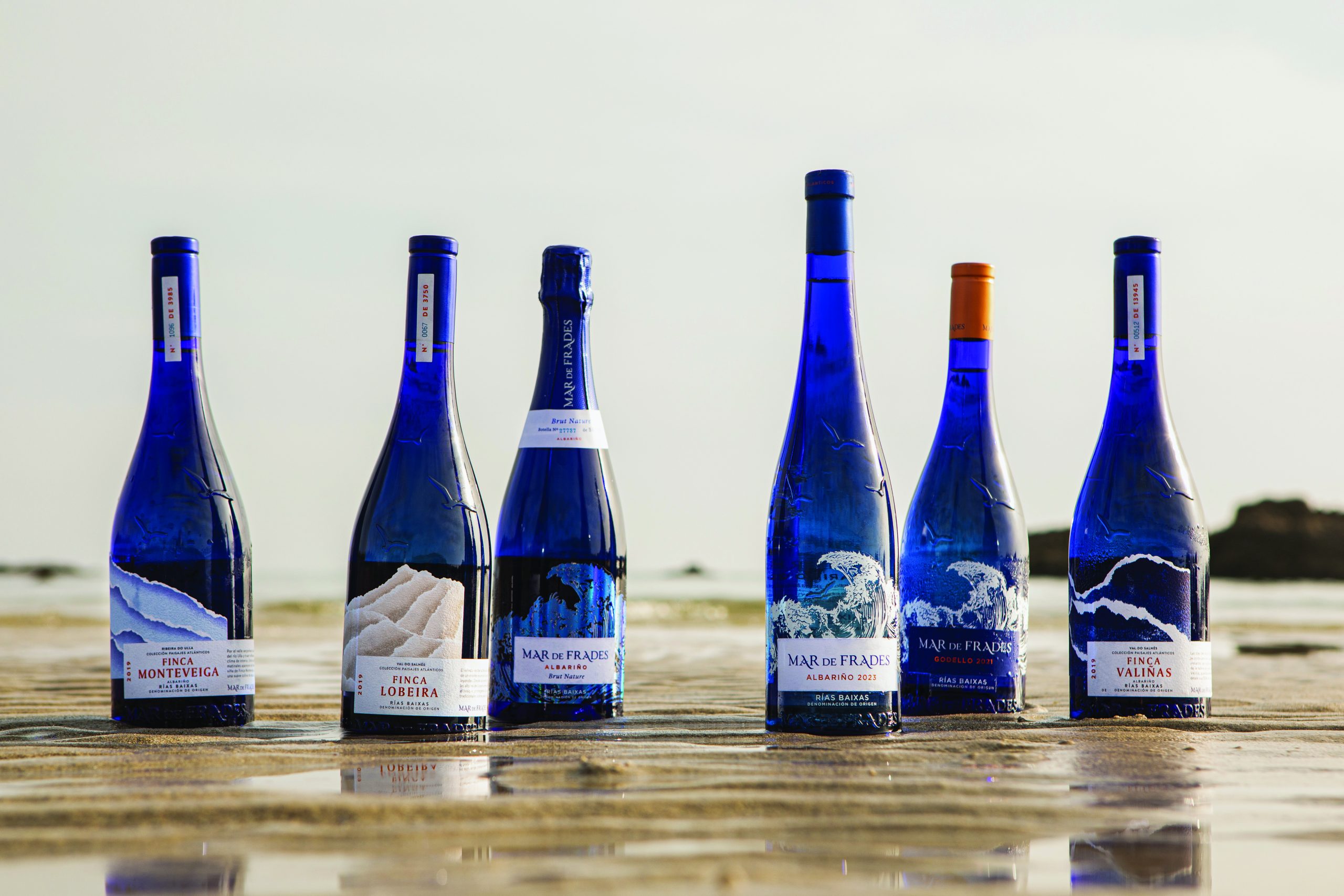Freixenet to furlough 80% of workers in Catalonia due to drought
The Cava company has confirmed it will temporarily lay off the majority of its workforce in north Spain due to a prolific drought that has lasted for more than three years.

In a statement issued by Freixenet this week, the Cava firm said that the temporary measure will see at least 615 of its employees furloughed from May.
“The measure, which has been implemented in the interests of responsibility, aims to guarantee the operation of the business and to maintain employability in order to deal with external factors and the force majeure caused by the serious drought,” the company said.
“The furlough, caused by force majeure, is an exceptional measure that has been taken in the current context of a crisis that had been brought about by a lack of raw materials because of the harsh drought that has affected the sector since 2021 – and which hit the El Penedès area particularly hard in 2023.”‘
Sparkling wine yields have been hit so hard in the region (falling by more than 45%) that Freixenet has made the decision to release a new sparkling wine range using Spanish grapes, but which cannot be classified as Cava as it would presumably not meet the strict requirements of the DO.
“The new range is a Cuvée de España using varieties such as Macabeo – one of the grape varieties that characterise Cava – and Chardonnay,” said Vanessa Lehmann, head of communications for Freixenet. “Following our overall high-quality approach, we use a selection of the best wines after a strict control of several wines coming from different wineries from Spain.”
She added: “With this grape scarcity the industry faces a gap of 80 million of bottles just in 2024 and it is impossible to meet the global customer demand that is rising steadily.”
Partner Content
Stark warning
Last year, Javier Pagés, president of the DO Cava’s regulatory council, told the drinks business that Spain’s 2023 harvest was a sign of things to come and “a warning about the future of viticulture”. Sadly, his prophecy is only proving correct. The only silver lining, he said, was that the absence of rain had led to a lack of fungal diseases.
It is not only sparkling wine producers that have suffered as a result of the drought. Speaking to db earlier this month, Familia Torres, which centres much of its still wine production in DO Penedès, said that because the region being a traditionally dry farmed area, the severe lack of rainfall has hit winemakers hard.
“Rain is the sole water source for viticulture,” Mireia Torres, director of innovation and knowledge, told db. “In our region, heavy rains tend to occur during the spring and autumn due to storms coming from the Mediterranean, since those coming from inland arrive weakened. Unfortunately, in recent years, these precipitations from the Mediterranean have not occurred, leading us to this extreme drought.”
Spain’s Government has to date invested more than €12 billion in battling the drought, though Torres slammed government funding efforts, calling them “insufficient”, and noting that they “do not cover the damage and are not agile enough”.
Related news
The Castel Group rocked by Succession-style family rift




